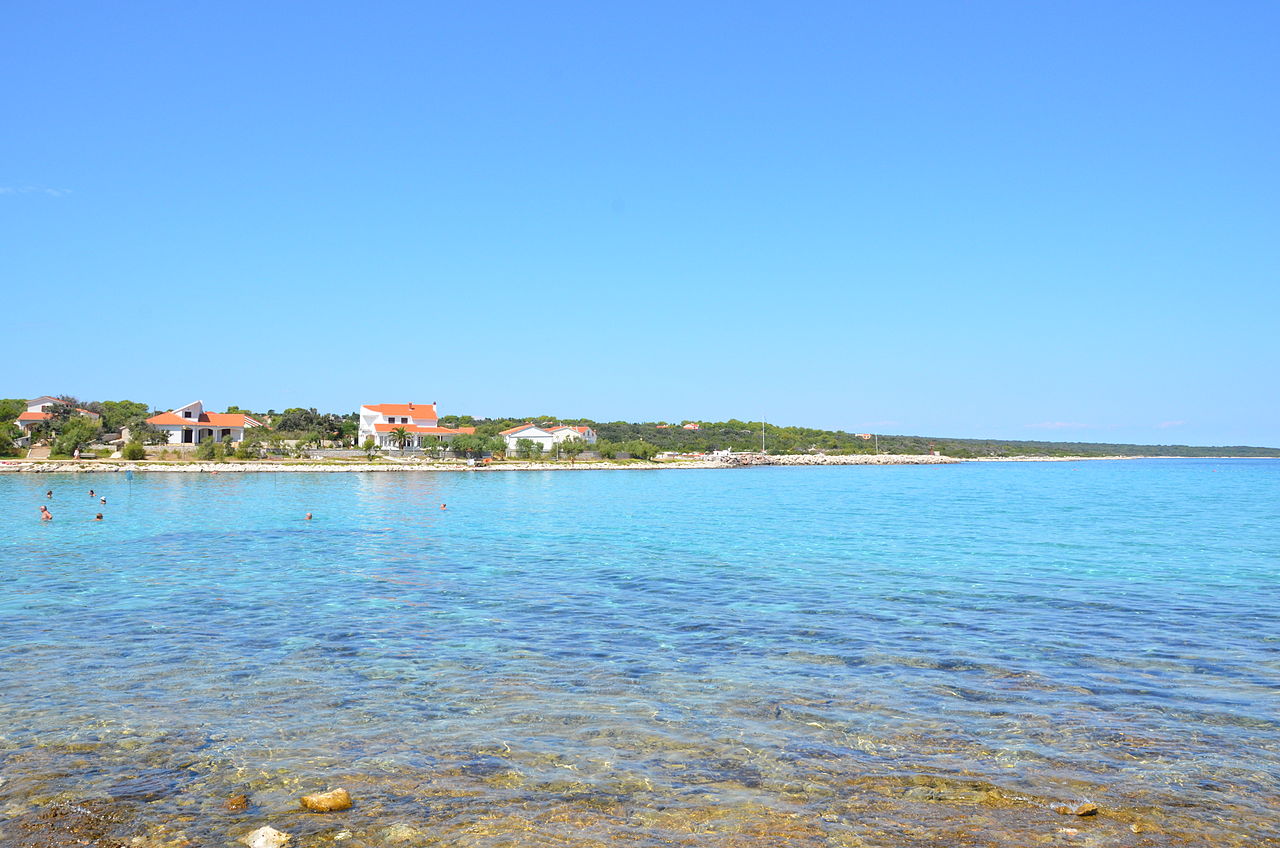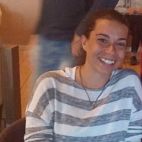 |
| Silba Island. Credit Wikimedia Commons. |
“What is science? Why do we do it?”. I ask these questions to my students a lot, in fact, I spend a lot of time asking myself the same thing.
And of course, as much as philosophy of science has thankfully graced us with a lot of scholars, academics and researchers who have discussed, and even provided answers to these questions, sometimes, when you are buried under piles of papers, staring at your screen for hours and hours on end, it doesn’t feel very science-y, does it?
As a child I always imagined the scientist constantly surrounded by super cool things like the towers around Nicola Tesla, or Cousteau being surrounded by all those underwater wonders. Reality though, as it often does, may significantly differ from your early life expectations. I should have guessed that Ts and Cs would apply… Because there is nothing magnificent about looking for that one bug in your code that made your entire run plot the earth inside out and upside down, at least not for me.
I know for myself, I spend the biggest part of my day looking at my screen, tilting my head slightly to the right like a puppy and trying to make sense of my figures and results. There are days, the really bad days, where I just ask myself out loud “what is this even?!” or “why am I even doing this?”. Screen never answers by the way; for future reference.
And then, there are other days.
As Bristol Futures has now entered its optional unit development phase, the Sustainable Futures team and myself, had the opportunity to visit an amazing island in Croatia. The island of Silba. The purpose of our visit there was to film three Non-Governmental Organisations (NGOs) that are working on launching an amazing initiative: project S.I.L.B.A (Sustainability Increases Life Benefits for All). This project is targeting several Sustainable Development Goals (SDGs) such as ‘Ethical Consumption and Production’, ‘Life Under Water’, ‘Life on Land’. The goal of the project is to create a waste free, carbon neutral island.
Our amazing cameraman Tim Osgood and myself arrived there thinking we were going to film the three founders of the three NGOs and be on our way. Little did we know about the amazing innovations and initiatives that were already well in place on the island of Silba. So, we decided to film several of the locals as well.
I don’t know what I expected to hear when I asked the locals if they knew ‘what sustainability and sustainable development was’. I guess I just was not prepared for someone like Mio.
Mio used to work in large ships, he used to work the radio. Of course, as technology developed his work wasn’t needed anymore, so he decided to go back to Silba and become a shepherd. For twenty years he has been raising goats and sheep, makes cheese (even vegan cheese from figs!) and sells it all over the world. He also makes and sells honey and olive oil; “sometimes” as he said, when the olive trees have behaved.
We are about to begin the interview; he explains to me that he hasn’t had any alcohol for the last 20 years, but he must smoke.
“Do you know what sustainable development is?”. That was my first question. In retrospect it was probably a very uninformed question.
Mio went away and brought me this very elaborate piece of metal and asked me if I knew what it was. Of course, I didn’t. He explained to me it was a device that helped him stabilize his saw while he would cut the very dry olive tree wood that he needed. All the materials he used for it he had found thrown away in different parts of the island, “this is what sustainable development is” he said.
Quite frankly, I was shocked; and a bit embarrassed.
I come from the Balkans myself. I’ve only lived in the UK and been in academia for 3 years! So how did I forget that of course the communities know what sustainable is? Of course the locals are very aware of all things sustainable, perhaps even more so than someone like myself that now deals these issues from a more theoretical point of view?
It’s funny, well not haha funny, but it is genuinely interesting how once you start dealing with a subject, an issue, a challenge theoretically, how fast and how subtly you can lose contact with what is actually happening out there.
And even the word ‘sustainability’, with all its complexity and definitions (oh the definitions), frameworks and literature, goals and targets, had perhaps slightly lost its meaning until Mio picked up that pile of metals and showed it to me. That’s what it was. Right there. Tangible if slightly scruffy looking.
He either read my face or my mind, so he started talking again and saved me from my own thoughts.
He explained to me the big issues the community of the island is dealing with; water shortage, growing numbers of tourists every year, infrastructure and land use.
“Do you think science can help you? Help this island?” I asked him.
And Mio held my hand and explained to me that what he wants from science, and scientists is to help him solve his problems, his real, everyday problems, and then he can solve the problems of his island; “we can do this, we can clean the island, we dealt with worst issues than plastics on our beaches, but first, first we need water all year round”.
So there you have it; that 70 year old shepherd had just defined both sustainability and science. Right there, in a 20-minute interview.
I came back to the UK feeling better. Better about the piles of papers, the effort, the staring at my screen, the bugs in my code and my screen not answering back; it all didn’t seem like such a big problem anymore.
Because that’s it, that’s what we do. We help Mio, help his island. And there is no better feeling than that.
And I guess this is why I am so very much in love with Bristol Futures at the University of Bristol, for giving us the opportunity to explore those issues, those communities, and ourselves.
 |
| Eleni Michalopoulou |







